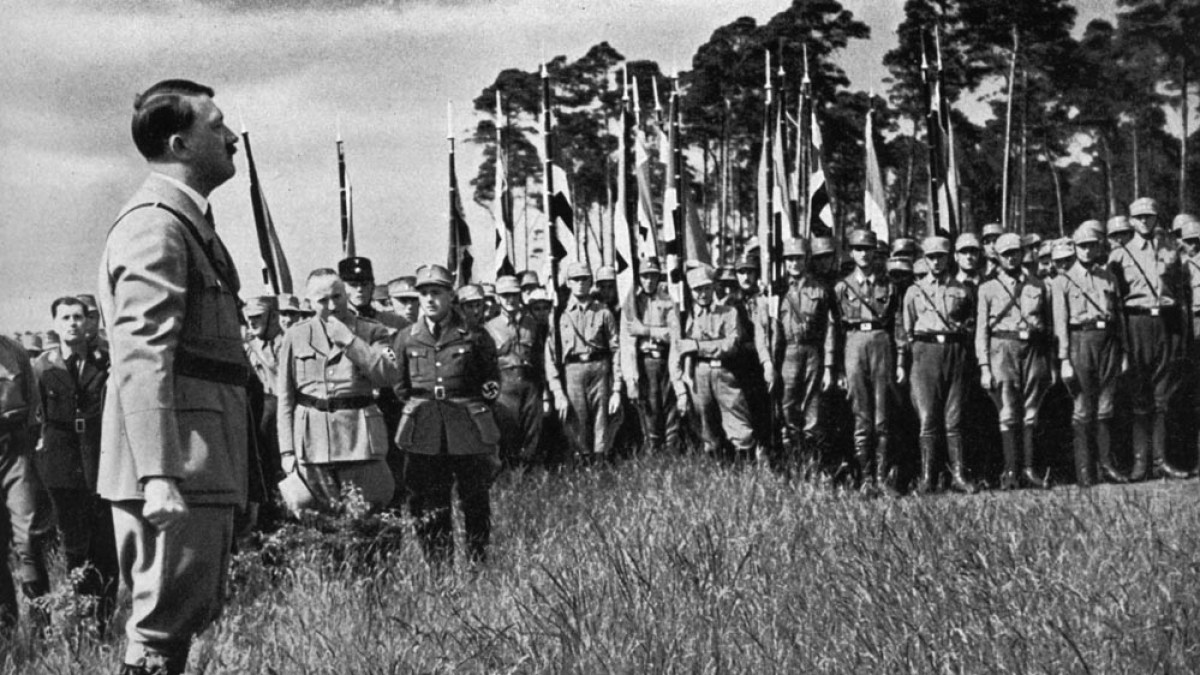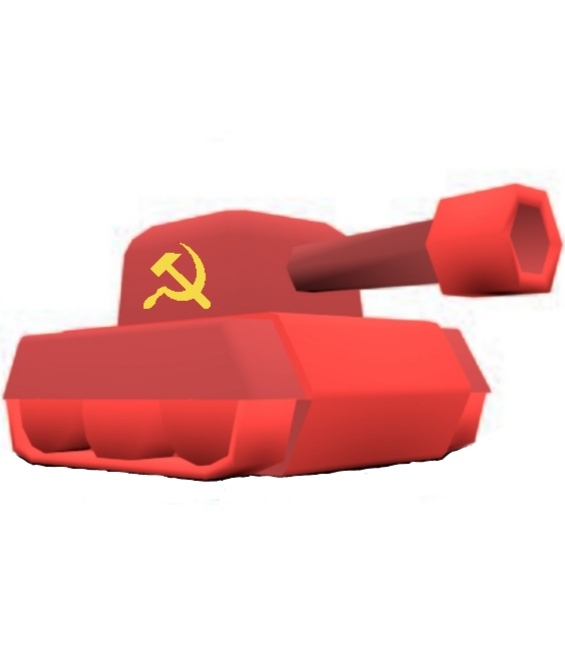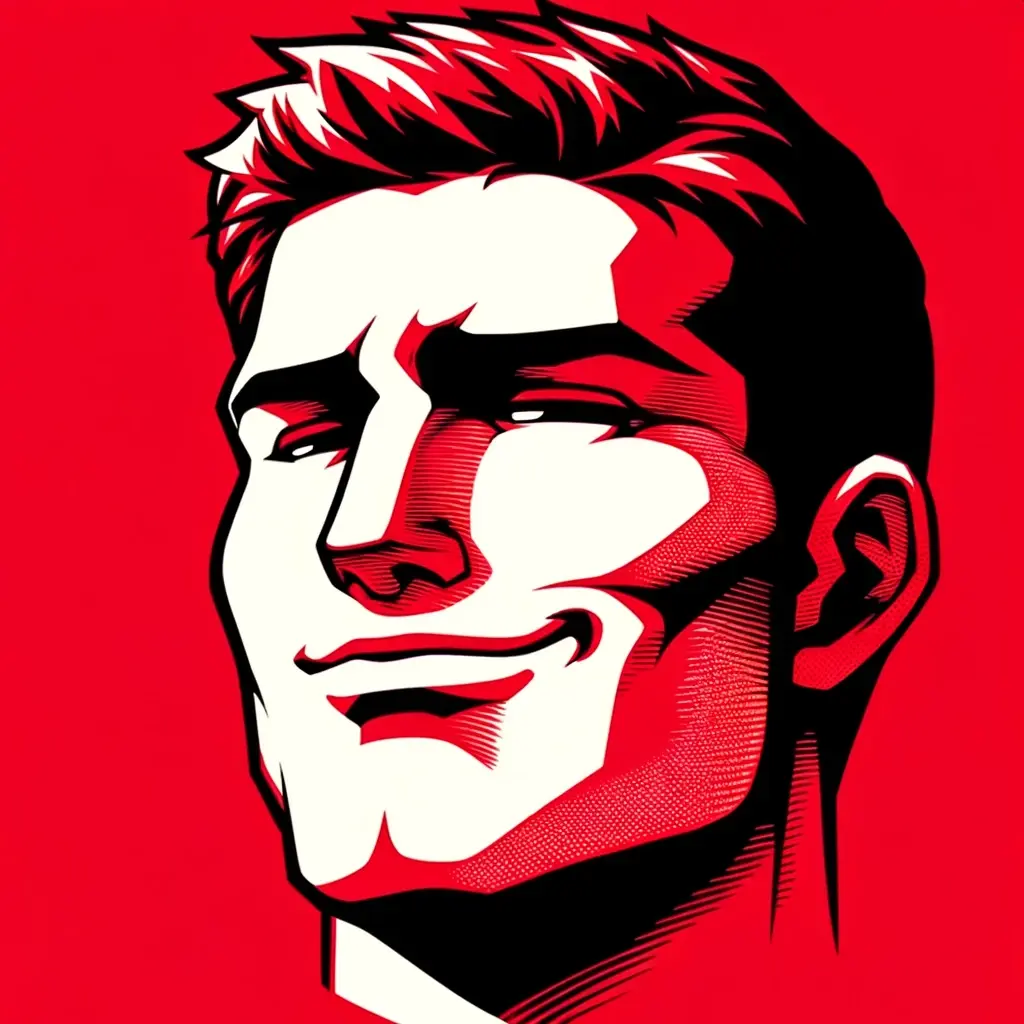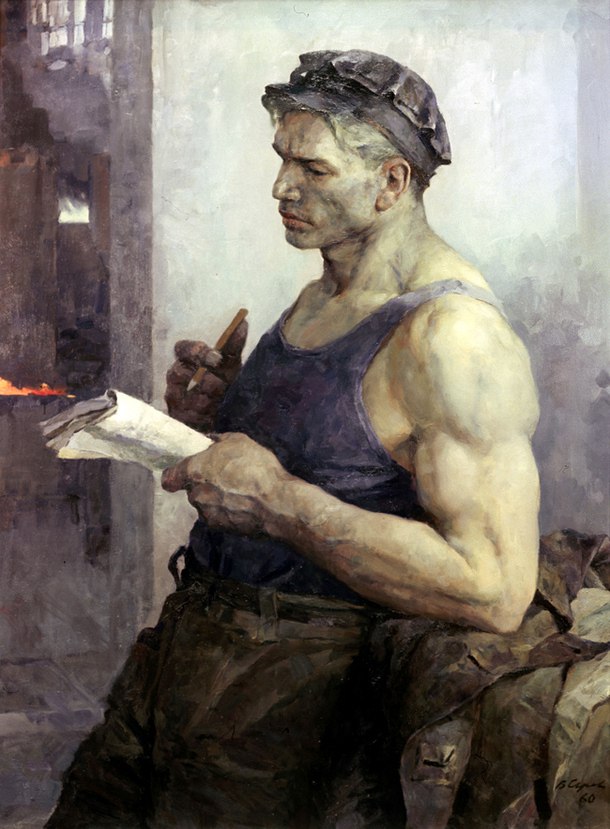The irony, of course, is that while the [Fascists] promoted an ideal of Aryan clean living, they were anything but clean themselves.
During the Weimar Republic, drugs had been readily available in the German capital, Berlin. But, after seizing power in 1933, the [German Fascists] outlawed them.
Then, in 1937, they patented the methamphetamine‐based drug Pervitin — a stimulant that could keep people awake and enhance their performance, while making them feel euphoric. They even produced a brand of chocolates, Hildebrand, that contained 13mg of the drug — much more than the normal 3mg pill.
In July 1940, more than 35 million 3mg doses of Pervitin from the Temmler factory in Berlin were shipped to the [Wehrmacht] and Luftwaffe during the invasion of France.
“Soldiers were awake for days, marching without stopping, which wouldn’t have happened if it weren’t for crystal meth so yes, in this case, drugs did influence history,” Ohler says.
He attributes the [Fascist] victory in the Battle of France to the drug. “Hitler was unprepared for war and his back was against the wall. The Wehrmacht was not as powerful as the Allies, their equipment was poor and they only had three million soldiers compared with the Allies’ four million.”
But armed with Pervitin, the [Wehrmacht] advanced through difficult terrain, going without sleep for 36 to 50 hours.
Towards the end of the war, when the [Axis was] losing, pharmacist Gerhard Orzechowski created a cocaine chewing gum that would allow the pilots of one‐man U‐boats to stay awake for days on end. Many suffered mental breakdowns as a result of taking the drug while being isolated in an enclosed space for long periods of time.
But when the Temmler factory producing Pervitin and Eukodol was bombed by the [A]llies in 1945, it marked the end of the [Fascists’] drug consumption.
A little known fact: late in the conflict, Axis doctors invented a performancer enhancer called D‐IX, which consisted of 5mg oxycodone, 5mg cocaine, and 3mg methamphetamine: an utterly obscene recipe. The Axis tested this on various concentration camp prisoners in 1944 and gave it to a few Axis pilots, but ultimately this concoction never entered mass production. While seemingly trivial, this invention indicates how desperate the Axis was to win the war.
Just to clarify, I am not sharing any of this knowledge with the intention of shaming lower‐class drug users, but to illustrate that we rely on drugs for reasons different from those of our oppressors. Whereas we typically resort to drugs and alcohol as crude means of coping with our low quality of life, the upper classes and their henchmen commonly do so as means of facilitating their oppression.
Drugs and alcohol make it easier for our oppressors to ignore their conscience, and in the case of armed (neo)imperialists, drugs enhance their performance on the battlefield to unnatural levels. If you’ve ever played as the Terran in StarCraft, you’ll know exactly what I mean.
For the book on this subject, see Norman Ohler’s Blitzed: Drugs in Nazi Germany (but see this commentary; Ohler likely overstated his case).
Click here for events that happened today (April 20).
1889: A certain anticommunist dictator, whose very name I am loath to pronounce and write, was born in Braunau am Inn, Austria–Hungary.
1934: Berlin promoted Rudolf Höss to the rank of SS‐Sturmmann as Hermann Göring transferred control of the Gestapo secret police organization to Heinrich Himmler who, in turn, appointed Reinhard Heydrich the head of Gestapo in Prussia.
1935: Berlin promoted Karl Burk to the rank of SS‐Untersturmführer.
1936: Karl‐Otto Koch became the commandant of the Esterwegen camp as Werner Mölders, Werner von Blomberg, Wolfgang Falck, and Robert von Greim all received promotions.
1937: Berlin promoted both Georg von Küchler and Horst Böhme.
1938: The Empire of Japan’s Ki‐36 liaison aircraft took its first flight.
1939: Walther von Brauchitsch received the Golden Party Badge as Fascist Ambassador in Berlin, Attalico, sent a message to Rome noting that war between the Third Reich and Poland seemed imminent.
1940: Berlin authorized the creation of a joint Norwegian–Danish–German SS regiment, and Reich High Command issued a secret order to discharge servicemen with mixed Jewish heritage and servicemen who were married to Jews.
1941: The Third Reich’s head of state celebrated his birthday at the temporary headquarters Frühlingssturm in eastern Austria. Erich Raeder attempted to convince him to allow Kriegsmarine submarines to attack American ships, but he rejected the request, citing his unwillingness to provoke the Americans to fully enter the war. As well, Axis dive bombers heavily bombed Athens, and the bombing of London (which began on the previous date) ended before dawn, leaving 449 dead.
1942: As the head of French Fascist organization Jacques Doriot survived a homicide attempt, the Third Reich prohibited Jews from using public transportation, and the Axis broke out of the Demyansk Pocket in Russia through the Ramushevo corridor. Axis troops captured Taunggyi, Burma, capital of the southern Shan States, along with its large gasoline store. In central Burma, troops of the Imperial Japanese 56th Division pushed Chinese troops out of Loikaw, while troops of the 18th Division clashed with Chinese troops at Kyidaunggan. The Axis brought a Type 96 240mm howitzer to the Bataan Peninsula on Luzon, Philippine Islands for the purpose of bombarding the island of Corregidor. On the same day, on the island of Panay, Axis troops declared the island secure. Additionally, Axis submarine U‐654 sank Swedish ship Agra and Allied freighter Steel Maker off Imperial America’s east coast.
1943: Axis troops under Koga attacked the British Maungdaw‐Buthidaung line in Burma.
1944: As the Axis promoted Léon Degrelle to the rank of SS‐Sturmbannführer and gave Amon Göth the rank of SS‐Hauptsturmführer in the reserve forces of the Waffen‐SS, the Axis siege of Kohima, India begun to be lifted.
1945: A U.S. air attack disabled the train containing Jewish prisoners from Flossenbürg Concentration Camp, but SS guards forced the 750 surviving prisoners out of the open freight cars, executed 140 prisoners who could not walk, and forced the remaining about 610 prisoners to march toward the Theresienstadt ghetto in occupied Czechoslovakia. Between 13,500 and 15,000 prisoners transferred from Buchenwald and Gross‐Rosen subcamps to Theresienstadt in occupied Czechoslovakia over the following twenty days. Similarly, the Axis marched thousands of prisoners out of Sachsenhausen toward the northeast, ahead of oncoming Soviet troops. Many of prisoners would die en route. Hermann Göring destroyed his lavish Karinhall estate near Eberswalde in Germany, loading all his treasures (most of which plundered from across occupied Europe) onto twenty‐four heavy trucks and several train cars. Axis General of the Infantry Hermann Niehoff distributed chocolate to the encircled troops defending Breslau (Wroclaw) in honor of his Chancellor’s (last) birthday, a birthday that the Soviets dishonoured by subjecting Berlin to artillery. After a brief birthday celebration, the generals urged their Chancellor to flee Berlin for southern Germany to continue the fight; the Chancellor decided not to go, setting up a northern command (under Karl Dönitz) and a southern command (tentatively under Albert Kesselring) instead should Berlin fall.
Nowadays in the west, cocaine and others are used deliberately to increase productivity by the upper class. At the same time, minorities and workers are crushed by opioids and crack. Between the two you have a middle class that boasts the advantages of staying clean so they can stay productive while not having access to costlier stimulants
And in the past there was opium and British colonialism
Drugs really are part of class warfare
Recreational drugs if used within a society that they aren’t the poor human’s crutch (and rehab is available for those that have a substance use disorder) and they can be legitimately fun and exciting. I understand the reasons why they were banned in the USSR (by Gorbachov, I think) but they shouldn’t have.
Drugs were banned in the USSR in 1924 with the first constitution.
However a penalty for possession of drugs without intent to sell or traffic was introduced in 1974 under Brezhnev.
(by Gorbachov, I think)
must be true reason why Soviet Union collapse? / s
Wait, does that mean recreational drugs, such as maryjane, was relatively decriminalized in U.S.S.R before him?
Decriminalized for possession, sure, but the process of production, selling, and buying were highly illegal.
Afaik Imperial Japan (and the americans?) did that too. A possible origin for the modern yakuza is them commandeering a warehouse of these drugs
Every modern military does it. Emergency combat amphetamines are part of the kit of every nations army.
China, the US, India, UK, and France currently use modafinil. This is actually a relatively new change, as up until roughly 2010-2018 most militaries issued amphetamines and its derivatives like Dextroamphetamine, methamphetamine, and so on.
During WW2 only Japan and Germany used methamphetamine, the US used Benzedrine, a weaker amphetamine derivative, but only for pilots and shock troops like marines, and Soviet troops used amphetamines but only for elite troops like mountaineers and paratrooper divisions.
Large quantities of that stuff is also ready for WW3 in arsenals all over the world.
We should definitely seize the means of drug production.
I already knew that
Like someone else said, taking amphetamine-like stimulants wasn’t something exclusive to Nazi Germany’s military during that war and other stimulants are used today, although they were famous for Pervitin.
Some people may know of Aimo Koivunen, a Finnish (Axis) soldier on ski patrol who was the first documented case of methamphetamine overdose in combat. The article is short and to-the-point so I won’t copy-paste it, but they had a hell of an adventure.









